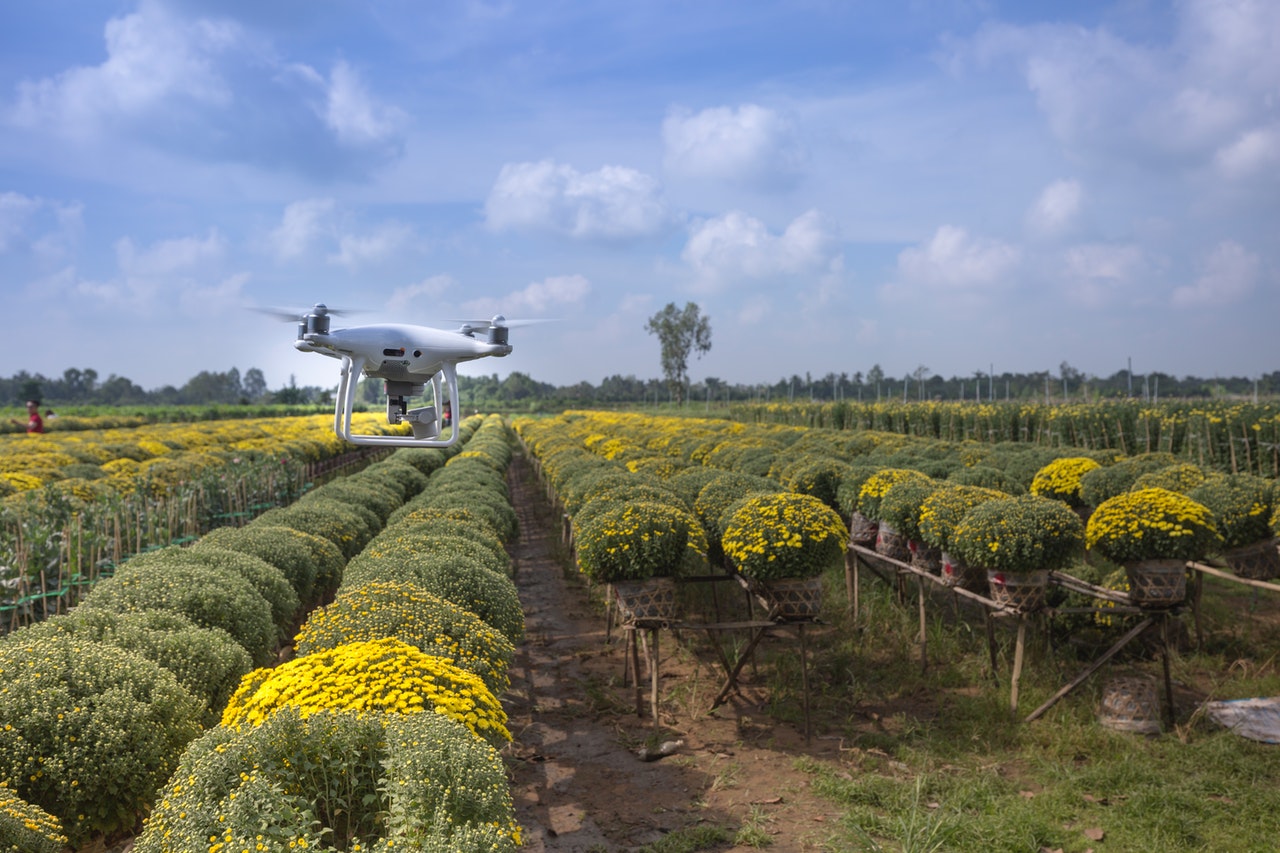G20 performance on food and agriculture
When G20 leaders meet in Buenos Aires, they will discuss a sustainable food future as one of the summit’s top three priorities. As host, Argentina will focus on slowing the rapid pace of soil degradation, minimising and managing food waste and loss, and developing and harnessing the technology of the new industrial revolution. With the global population projected to reach 9.7 billion by 2050, ensuring all people have enough nutritious and healthy food is central to achieving global economic security, peace, health and general well-being.
The G20 accounts for approximately 80% of global trade in agricultural goods and 60% of the world’s agricultural land. It is well positioned to make ambitious commitments at Buenos Aires that address the key causes of land degradation and food insecurity. It has laid a firm foundation in the past.
Commitments
Since its 2008 start, G20 leaders have made 114 commitments on food and agriculture, or 5% of their 2,398 commitments overall.
Their first three agriculture commitments came at the third summit in 2009 in Pittsburgh. The 2010 Toronto and 2011 Cannes Summits made two commitments each. At the height of the global food crisis, the 2011 Cannes Summit saw a significant spike to 36 agriculture commitments – the first year that a pre-summit meeting of G20 agriculture ministers was held.
The following three summits made fewer agriculture commitments: four at the 2012 Los Cabos Summit, 11 at the 2013 St Petersburg Summit and none at the 2014 Brisbane Summit. Then at Antalya in 2015, there were 31 commitments. This dipped to three commitments at the 2016 Hangzhou Summit before rising again to 22 at the 2017 Hamburg Summit.
Compliance
Of these 114 commitments, six have been assessed for members’ compliance, with an average compliance of 70%. The first commitment assessed was made at the 2010 Toronto Summit, with a 60% average. Two were assessed from the 2011 Cannes Summit: a commitment to remove food export restrictions, with 98% compliance, and a commitment to develop risk management instruments to protect those most vulnerable to fluctuations in food prices, with 58% compliance.
Their combined average of 70% was higher than the summit average. The only commitment assessed from the 2012 Los Cabos Summit was on agroforestry development, soil fertility enhancement and minimum tillage, which matches the Argentinian priority of healthy soils; it had compliance of 68%. One commitment, on implementing the 2011 Action Plan on Food Price Volatility and Agriculture, was assessed from the 2013 St Petersburg Summit. As with the related commitment from Cannes, its compliance was 90%. One commitment, on youth and women’s employment in the food sector, was assessed from the 2015 Antalya Summit. It had the lowest compliance at just 45%.
A commitment on promoting productivity and efficiency in the value chain by promoting the use of information and communications technologies, from the 2017 Hamburg Summit, was assessed. This relates to the Argentinian presidency’s focus on harnessing technology to improve food production. Compliance halfway through the period between the Hamburg and Buenos Aires Summits was substantial at 83%.
Causes and consequences
Among the causal candidates to account for such compliance, shock-activated vulnerability stands out.
The drought in 2011 that led to Russia’s banning of wheat exports sent global food prices soaring. This shock affected the poorest first and hardest, causing riots, instability and conflict. In response, the G20 committed to control food price volatility and manage export restrictions. Here, the G20 complied the best, and its efforts worked.
However, the root environmental cause – drought – was not adequately addressed, illustrated by the much lower compliance on the healthy soils commitment. This is further shown by the increasing erosion of the Earth’s soils, “human pressures on soil resources … reaching critical limits”, and sustainable agricultural practices being “valuable for climate regulation”.
Climate change indeed further compounds the challenge of ensuring food security, as agriculture, forestry, and land use and change are responsible for 24% of global greenhouse gas emissions, according to the Intergovernmental Panel on Climate Change. This exceeds emissions from industry (21%) and transportation (14%), and is just 1% lower than electricity and heat production (25%).
Corrections
Thus, at Buenos Aires, the G20 should focus on causes, not symptoms. It should act on the impacts of intensive agriculture on the environment, including soils and climate. It should seek concrete, ambitious solutions to transition to a low-carbon, “climate-smart” and just agricultural system. It should consider the causes of decreased soil fertility, such as deforestation, overgrazing and overuse of pesticides and chemicals. It should invest in new technologies, and take measures such as promoting crop biodiversity over monocrops and considering the scientific evidence of the environmental benefits of a plant-based diet.













